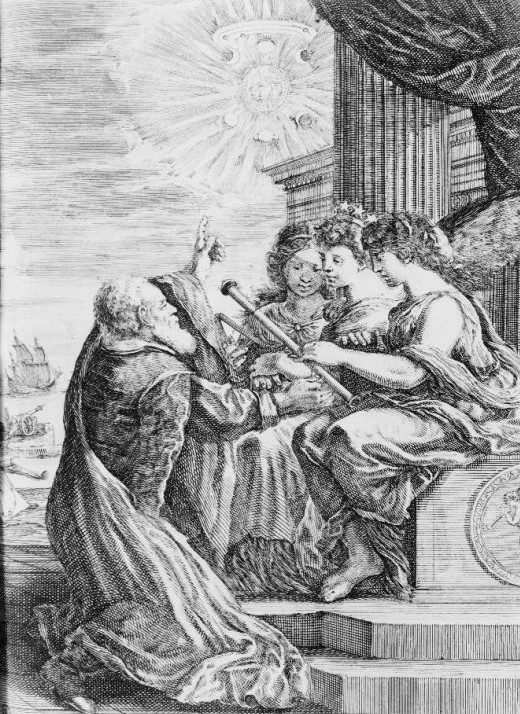In 2010, novelist Iain Banks delivered his well-crafted and heart-felt view of a very human problem — our inability to learn from past mistakes. Courageously for someone in the public eye he did something non-trivial, however small, about an all too common one. We excerpt his essay below.
From Guardian:
I support the Boycott, Divestment and Sanctions (BDS) campaign because, especially in our instantly connected world, an injustice committed against one, or against one group of people, is an injustice against all, against every one of us; a collective injury.
My particular reason for participating in the cultural boycott of Israel is that, first of all, I can; I’m a writer, a novelist, and I produce works that are, as a rule, presented to the international market. This gives me a small extra degree of power over that which I possess as a (UK) citizen and a consumer. Secondly, where possible when trying to make a point, one ought to be precise, and hit where it hurts. The sports boycott of South Africa when it was still run by the racist apartheid regime helped to bring the country to its senses because the ruling Afrikaaner minority put so much store in their sporting prowess. Rugby and cricket in particular mattered to them profoundly, and their teams’ generally elevated position in the international league tables was a matter of considerable pride. When they were eventually isolated by the sporting boycott – as part of the wider cultural and trade boycott – they were forced that much more persuasively to confront their own outlaw status in the world.
A sporting boycott of Israel would make relatively little difference to the self-esteem of Israelis in comparison to South Africa; an intellectual and cultural one might help make all the difference, especially now that the events of the Arab spring and the continuing repercussions of the attack on the Gaza-bound flotilla peace convoy have threatened both Israel’s ability to rely on Egypt’s collusion in the containment of Gaza, and Turkey’s willingness to engage sympathetically with the Israeli regime at all. Feeling increasingly isolated, Israel is all the more vulnerable to further evidence that it, in turn, like the racist South African regime it once supported and collaborated with, is increasingly regarded as an outlaw state.
I was able to play a tiny part in South Africa’s cultural boycott, ensuring that – once it thundered through to me that I could do so – my novels weren’t sold there (while subject to an earlier contract, under whose terms the books were sold in South Africa, I did a rough calculation of royalties earned each year and sent that amount to the ANC). Since the 2010 attack on the Turkish-led convoy to Gaza in international waters, I’ve instructed my agent not to sell the rights to my novels to Israeli publishers. I don’t buy Israeli-sourced products or food, and my partner and I try to support Palestinian-sourced products wherever possible.
It doesn’t feel like much, and I’m not completely happy doing even this; it can sometimes feel like taking part in collective punishment (although BDS is, by definition, aimed directly at the state and not the people), and that’s one of the most damning charges that can be levelled at Israel itself: that it engages in the collective punishment of the Palestinian people within Israel, and the occupied territories, that is, the West Bank and – especially – the vast prison camp that is Gaza. The problem is that constructive engagement and reasoned argument demonstrably have not worked, and the relatively crude weapon of boycott is pretty much all that’s left. (To the question, “What about boycotting Saudi Arabia?” – all I can claim is that cutting back on my consumption of its most lucrative export was a peripheral reason for giving up the powerful cars I used to drive, and for stopping flying, some years ago. I certainly wouldn’t let a book of mine be published there either, although – unsurprisingly, given some of the things I’ve said about that barbaric excuse for a country, not to mention the contents of the books themselves – the issue has never arisen, and never will with anything remotely resembling the current regime in power.)
As someone who has always respected and admired the achievements of the Jewish people – they’ve probably contributed even more to world civilisation than the Scots, and we Caledonians are hardly shy about promoting our own wee-but-influential record and status – and has felt sympathy for the suffering they experienced, especially in the years leading up to and then during the second world war and the Holocaust, I’ll always feel uncomfortable taking part in any action that – even if only thanks to the efforts of the Israeli propaganda machine – may be claimed by some to target them, despite the fact that the state of Israel and the Jewish people are not synonymous. Israel and its apologists can’t have it both ways, though: if they’re going to make the rather hysterical claim that any and every criticism of Israeli domestic or foreign policy amounts to antisemitism, they have to accept that this claimed, if specious, indivisibility provides an opportunity for what they claim to be the censure of one to function as the condemnation of the other.
Read the entire essay after the jump.

